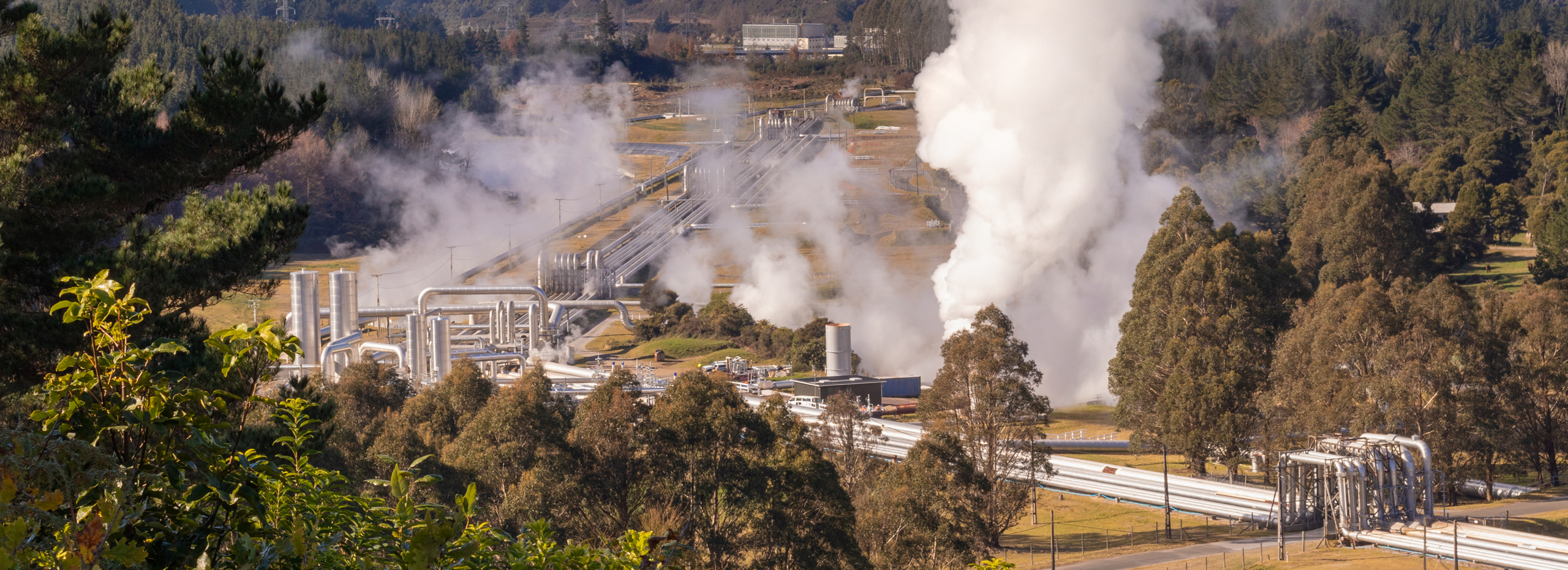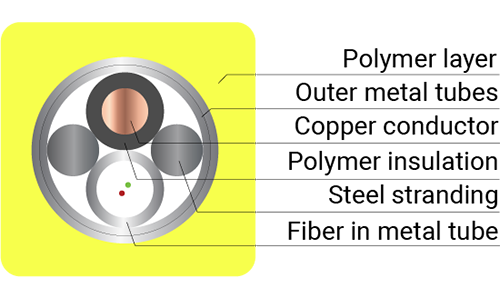
Our compact, high–strength-to-weight optical cables are designed to perform in extreme thermal, chemical, and mechanical conditions. Built to endure high temperatures, corrosive fluids, and long-term deployment stresses, they deliver reliable distributed sensing for temperature, strain, and acoustic monitoring. Customizable fiber types, materials, and protective layers ensure optimal performance for deep-well carbon storage monitoring and geothermal reservoir management, enabling accurate, real-time data acquisition over the life of the project.
Our Fiber Optic Cables for carbon capture / geothermal are manufactured to customer specifications.
Below are just a few examples to demonstrate our production capabilities.






+ 90 °C
+ 125 °C
+ 140 °C
+ 200 °C
+ 194 °F
+ 257 °F
+ 284 °F
+ 392 °F
Maximum Rated Design Tension
900 – 2250 lbf
Crush Resistance
1 kN / cm
4.5 – 12.7 mm
0.157 – 0.472
Minimum bending radius
x 20D
x 20D
Well Intervention involves various techniques aimed at managing and enhancing well performance. Common methods include Slickline, Coiled Tubing, and Hydraulic Workover. These techniques are used for tasks like scale removal, artificial lift, well stimulations, and addressing mechanical failures. The goal is to maximize production efficiency and extend the life of the well.
Slickline is a thin cable used for deploying tools and equipment down into an oil or gas well for various tasks, including well diagnostics, plugging, pressure and temperature measurement, and sampling. It’s essential for routine maintenance and data gathering to ensure efficient well operations.
Coiled Tubing (CT) is a continuous length of steel or composite tubing used for interventions in oil and gas wells. Unlike Slickline, which is non-rigid, Coiled Tubing can pump fluids into the well and is capable of rotary drilling actions. CT is used for more complex operations such as drilling, fracturing, and scale removal due to its ability to apply hydraulic power.
FIMTs are designed with materials specifically chosen for their corrosion resistance to environments containing hydrogen sulfide. The metal tubes, often made from stainless steel or specially alloyed materials, provide excellent protection for the optical fibers against the harsh chemical interactions found in sour environments.
Yes, we offer customization options for FIMTs to match the specific requirements of operations in sour environments. This includes selecting the most appropriate corrosion-resistant materials and designing the FIMTs to meet the particular challenges of each application.
For applications in sour environments, FIMTs typically utilize corrosion-resistant alloys such as stainless steel 316L, Alloy 825, or Alloy 625. These materials are known for their high resistance to a wide range of corrosive conditions, including those found in sour oil and gas fields.
We’re here to help! Reach out to us for any technical inquiries or assistance.